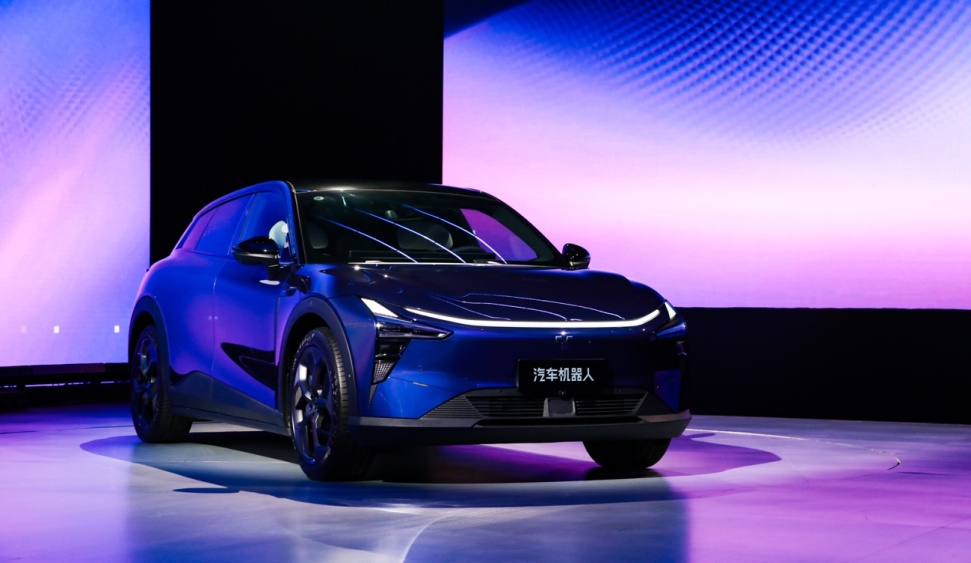Influenced by artificial intelligence (AI), the evolution of electric vehicles (EVs) is no longer strictly about transportation or, in fact, consumer emissions or the ability to enhance driving experiences, but it has become wholly integrated into a corporate strategy. EVs are rapidly changing business models, operational efficiencies, and consumer engagement in the automotive industry.
AI Integration in EVs: A Strategic Imperative
Major automobile manufacturers are embedding AI into their electric vehicles, moving them from being mobility devices to intelligent mobility platforms. BYD has, across its lineup of vehicles, integrated the “God’s Eye” system that uses AI, developing, for instance, autonomous overtaking and parking through the application of advanced driver-assistance systems . Nio has an AI assistant, NOMI, which learns about users’ habits and understands user preferences to help them personalize in-car experiences .
These AI-assisted (diverse and personalized) offerings are not only beneficial for user satisfaction, they also stir up valuable data information that companies can use to keep improving their products and services.

Shifting Corporate Strategies: From Products to Platforms
Using products first, and finding new ways to make money from them, has changed to using a platform for their product because the nature of competition is changing how they compete due to the introduction of AI to electric vehicles (EVs). For example, Tesla is focused on ‘robotic’ autonomous vehicles, humanoid robots, and puts their investments in these items to remain AI and robotic leaders. Companies will have to reinvent themselves away from their business model and commit to software development and analytics, as well as AI development
Operational Efficiencies Through AI
AI is optimizing many production and operational components of EVs. For instance, companies such as Redwood Materials are/via AI, re-engineering second-life EV batteries for energy storage, to assist with the growing energy demands of AI data centers. Also, AI-based algorithms are optimizing energy consumption, battery management, and charging infrastructure to improve the overall operation of EVs.
Operational efficiency produces savings and is consistent with sustainability goals, hence improving the corporate image and compliance with regulations.

Implications for Corporate Strategy
The convergence of AI and EVs is compelling companies to rethink their strategies:
- Data-Driven Decisions: AI will assist in gathering and analyzing big data to make informed decisions about product development and consumer engagement.
- Agile Business Models: The flexibility of AI will allow businesses to embrace the rapidly changing market, thus enabling innovation and providing a competitive advantage.
- Integrating Sustainability: AI can assist in embedding sustainable practices in business processes, thus complying with regulations and meeting the expectations of consumers.
Conclusion:
As AI continues to drive changes in the automotive sector, the evolution of EVs into smart platforms becomes a key part of a stakeholder’s strategy. Adopting technologies while repositioning themselves as top performers in the mobility market allows businesses to maximize operational efficiencies, but there are new, promising revenue streams. The adoption of AI technologies to keep EVs at the cutting edge of vehicle changes is a must-have for many businesses to improve operational execution.
🚀 Accelerate Your EV Strategy with AI-Powered Insights
📞 Schedule a consultation with Beritarian to transform your automotive vision into reality.





